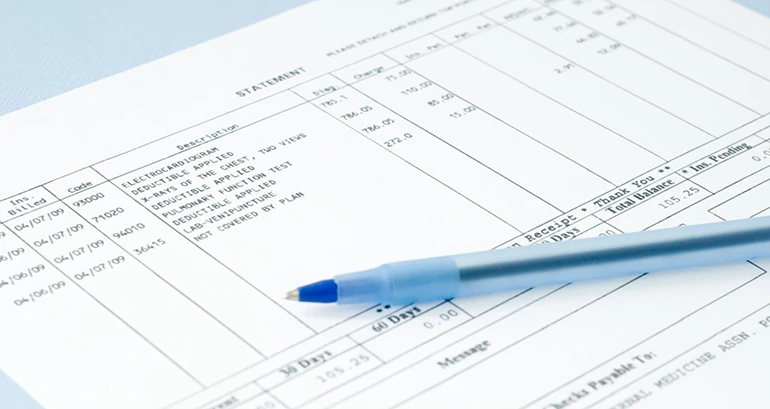Financial Assistance Programs for Young Women with Breast Cancer

Breast cancer treatment, surgery and medical visits can create substantial medical bills and strain any budget in both the long and short term. However, good financial planning and opportunities for financial assistance can ease this burden.
Nonprofit and Government Financial Assistance Programs
American Cancer Society (ACS) provides information and referrals to numerous education, community and patient support services, including financial assistance and transportation programs. To reach your local ACS, contact the national office at 800.227.2345.
CancerCare provides limited financial assistance for homecare, childcare and transportation.
CancerCare’s Linking A.R.M.S. program provides limited financial assistance for hormonal therapy, oral chemotherapy, pain and anti-nausea medication, lymphedema supplies and durable medical equipment.
The Healthwell Foundation provides financial assistance to those with chronic or life-threatening diseases. Eligible individuals can receive help with copayments for prescription drugs, coinsurance, deductibles and other selected out-of-pocket costs.
Partnership for Prescription Assistance helps eligible patients obtain needed medications either free of charge or close to it. Being uninsured or underinsured is part of qualifying.
Patient Advocate Foundation Co-Pay Relief provides direct financial assistance for prescription drug co-payments to eligible patients.
The Pink Fund provides short-term financial aid for basic living expenses to eligible breast cancer patients.
RXAssist provides information about free and low-cost medicine programs and other ways to manage medical costs.
Supplemental Security Income (SSI) is a US federal income supplement program designed to help disabled individuals with little or no income. Eligibility is decided case by case. If you are eligible for SSI, other benefits (e.g. food stamps) may be available.
Social Security Disability Insurance (SSDI) is a US federal loss of income protection program. SSDI defines “disability” as a condition that is expected to last at least one year or result in death. If awarded, payments begin at sixth months from the date of determined disability.
Compassionate Allowance expedites the SSDI claim process. Certain disabling conditions, including metastatic breast cancer, receive a decision within three weeks. Funds are distributed in the same manner as regular SSDI (6 months from date of determination).
United Way's 2-1-1 Program has many programs to help those in need across the country, and you can call a service professional directly at 2-1-1 in the United States.
Pharmaceutical Patient Assistance Programs
Many pharmaceutical companies offer drugs at reduced prices or free of charge to qualifying individuals. Make sure to have a list of medications you’ve been prescribed handy. You can find detailed information about eligibility and coverage on each company’s website.
- Sanofi Aventis
- AstraZeneca
- Pfizer
- Merck and Co.
- Novartis Pharmaceuticals
- Lilly Oncology
- Genentech, Inc.
- GlaxoSmithKline
Don’t be shy about asking for help. Your oncology social worker or breast nurse is there to assist you. If you are ready to contact one of the organizations listed above, make sure you have documentation on hand (like your medical history, bills and/or employment documentation). Call the first business day of the month, as many nonprofit organizations receive funding on a monthly basis, which can quickly run out. In addition to what is listed on this page, you can search our ResourceLink database for local resources.